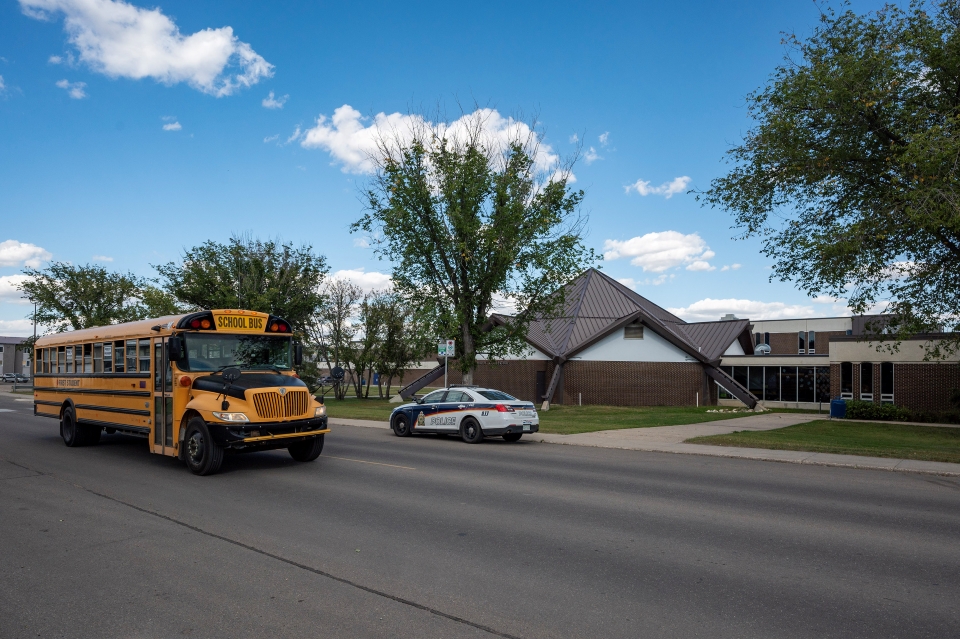Iran fired multiple missiles into Iraq on Tuesday evening, targeting U.S. military sites in what appeared to be retaliation for the recent American drone strike that killed one of its top generals.
The Islamic Revolutionary Guard Corps swiftly took credit, and one Iranian politician tweeted his nation’s flag — an apparent swipe at President Donald Trump who tweeted the American flag after the U.S. killing of Iranian Gen. Qassem Soleimani.
“We warn the Great Satan, the arrogant American regime that any new invasions and aggression will result in more painful and pounding responses,” Iran’s Islamic Revolutionary Guard Corps stated.
The recent developments were expected to spark global fear of a U.S. war in the Middle East. Iranian leaders had vowed revenge for the death of Soleimani, who the U.S. has blamed for the recent death of an American military contractor as well as being behind hundreds of roadside bombs.
A Pentagon spokesman estimated that there were more than a dozen missiles launched from Iran beginning at about 5:30 p.m. EST.
“It is clear that these missiles were launched from Iran and targeted at least two Iraqi military bases hosting U.S. military and coalition personnel at Al-Assad and Irbil,” wrote Pentagon spokesman Jonathan Hoffman.
“We are working on initial battle damage assessments,” Hoffman added.
A senior administration official told ABC News, “We are not seeing any American casualties at this moment.”
However, the situation is still fluid and assessments are ongoing, two U.S. officials said. About a quarter of the Iranian ballistic missiles that were fired “failed” — implying that they were either intercepted by air defenses or missed their targets, the senior administration official said. The U.S. official said there is no activity from Iran at the moment.
The president and congressional leadership were briefed immediately after the strikes. White House officials told reporters that the president did not plan to address the nation Tuesday night.
All is well! Missiles launched from Iran at two military bases located in Iraq. Assessment of casualties & damages taking place now. So far, so good! We have the most powerful and well equipped military anywhere in the world, by far! I will be making a statement tomorrow morning.
— Donald J. Trump (@realDonaldTrump) January 8, 2020
“We are aware of the reports of attacks on US facilities in Iraq,” according to a statement from White House press secretary Stephanie Grisham. “The President has been briefed and is monitoring the situation closely and consulting with his national security team.”
Canada’s response just after the attacks was non-committal.
“Minister (Harjit) Sajjan is with senior leadership in the Canadian Armed Forces and the Department of Defence,” said the defence minister’s press secretary Todd Lane in an emailed statement. “The minister is monitoring the situation closely.”
Foreign Affairs Minister Francois-Philippe Champagne’s spokesperson Adam Austen struck a similar note: “Minister Champagne is aware of recent developments in Iraq. We are closely monitoring the situation.”
The Canadian military’s redeployment followed other Western nations concerned about the increasingly volatile standoff between the United States and Iran.
The withdrawal of an unspecified number of Canadian soldiers to Kuwait was billed by chief of the defence staff Gen. Jonathan Vance as a temporary measure intended to ensure their safety and security. When — or even if — they will return is an open question.
In an open letter to the families of the 500 Canadian soldiers in Iraq, Vance said the safety of the troops was his top priority and that security measures were being “considered, reassessed and modified as required on a daily basis.”
“Over the coming days, and as a result of Coalition and NATO planning, some of our people will be moved temporarily from Iraq to Kuwait,” Vance added in the letter, which was posted on Twitter. “Simply put, we are doing this to ensure their safety and security.”
Vance did not reveal how many Canadian troops were being pulled out of Iraq, and the Department of National Defence later said it would not provide that information for security reasons.
However, even as Vance described the withdrawal as temporary, he added: “Naturally, the work we are doing on these missions, and the future of operations in Iraq, remain conditional on maintaining a sufficiently secure and productive operational environment.”
The Canadian contingent includes about 200 soldiers attached to a NATO mission in the south of the country that is training Iraqi counterparts in the basics of soldiering as part of the fight against the Islamic State of Iraq and the Levant.
(Reuters/Canadian Press)







